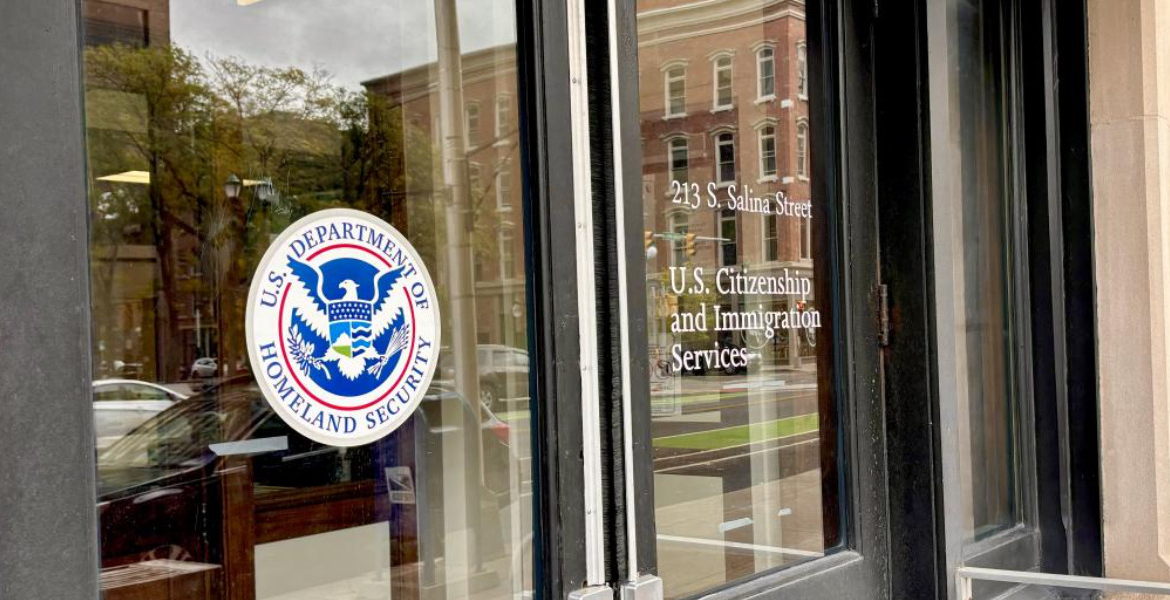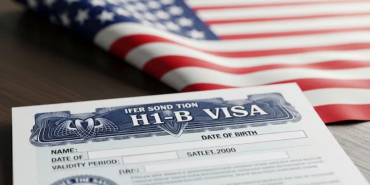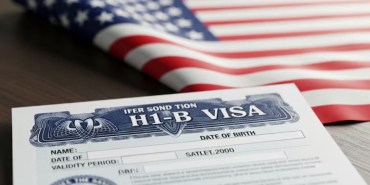US Resumes Neighbourhood Checks in Citizenship Vetting Process

The United States has reinstated neighbourhood investigations as part of the vetting process for naturalisation applicants, according to a policy memo issued by US Citizenship and Immigration Services (USCIS) on 22 August 2025.
The updated directive revives provisions under Section 335(a) of the Immigration and Nationality Act, which allows USCIS to conduct personal investigations to assess an applicant’s moral character. While biometric screening and background checks remain standard, USCIS now states that these measures alone may not provide a full picture of an applicant’s adherence to constitutional values and community norms.
Under the revised approach, neighbourhood checks will no longer be routinely waived but applied on a discretionary basis, depending on the individual’s case file.
In a public statement, USCIS Director Joseph Edlow said the policy change reflects the agency’s commitment to ensuring that citizenship is granted only to those who meet the highest standards.
He added that the updated process will help maintain public confidence in the integrity of the naturalisation system. The announcement was made through USCIS’s official X (formerly Twitter) account and further detailed in reporting by CBS News.
Neighbourhood investigations were once a routine part of the naturalisation process, dating back to the 19th century. Until 1981, applicants were required to provide two witnesses to attest to their character. Although Congress removed that requirement in favour of investigative procedures, the practice of conducting neighbourhood checks ended in 1991 due to limited resources and shifting priorities within the former Immigration and Naturalisation Service.
Under the reinstated policy, USCIS officers may interview neighbours, colleagues, and other community members to evaluate the applicant’s conduct and reputation. While the agency has said that such investigations will be conducted selectively, some civil liberties groups have raised concerns about potential privacy issues and the risk of discrimination.
The policy change comes amid increased scrutiny of naturalisation applicants, with federal authorities citing ongoing concerns about links to terrorism, criminal activity, drug offences, and immigration fraud. USCIS has reiterated that immigration benefits are privileges granted through careful evaluation, not entitlements automatically conferred.








Add new comment